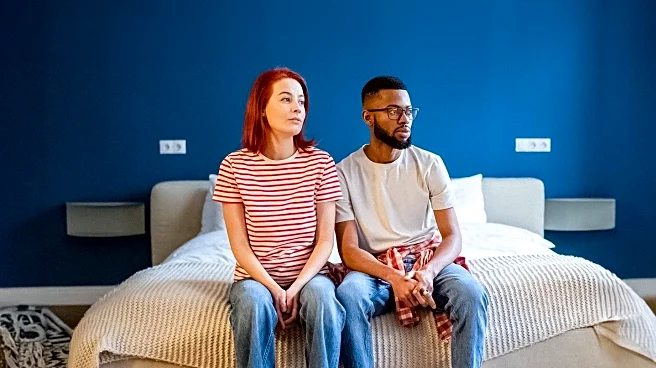What's Happening?
House swapping and sitting are emerging as popular alternatives to traditional travel accommodations. These practices involve exchanging homes or caring for pets in exchange for free lodging. Angela Laws, founder of Trusted Housesitters, emphasizes that these arrangements are not free vacations but mutually beneficial exchanges requiring responsibility. Emily Budin, an Australian living in the UK, has successfully swapped her London apartment for various international properties, highlighting the cost-saving benefits. Platforms like Home Exchange facilitate these swaps, allowing participants to earn points for future stays. Communication and organization are crucial for successful exchanges, as noted by experienced house-sitter Hannah Wilkinson.
Why It's Important?
The rise of house swapping and sitting reflects a shift towards more sustainable and cost-effective travel options. This trend can significantly reduce accommodation expenses, making travel more accessible. It also fosters a sense of community and trust among participants, as they rely on mutual respect and responsibility. For the travel industry, this could lead to a diversification of accommodation offerings and challenge traditional hotel models. Participants gain unique cultural experiences by living in local homes, enhancing their travel experiences beyond typical tourist activities.
What's Next?
As house swapping and sitting gain popularity, platforms facilitating these exchanges may expand their services and improve user experiences. Increased demand could lead to more sophisticated systems for managing swaps and sits, including enhanced security measures and insurance options. Participants may also see more diverse property listings and flexible arrangements, accommodating various travel schedules and preferences. The trend could influence travel policies and regulations, particularly concerning rental agreements and property management.
Beyond the Headlines
House swapping and sitting raise ethical considerations regarding privacy and property rights. Participants must navigate the balance between personal space and shared living arrangements. The trend also highlights cultural differences in hospitality and home-sharing practices, potentially influencing global travel norms. Long-term, this could lead to a reevaluation of property ownership and usage, as more people embrace flexible living arrangements.









